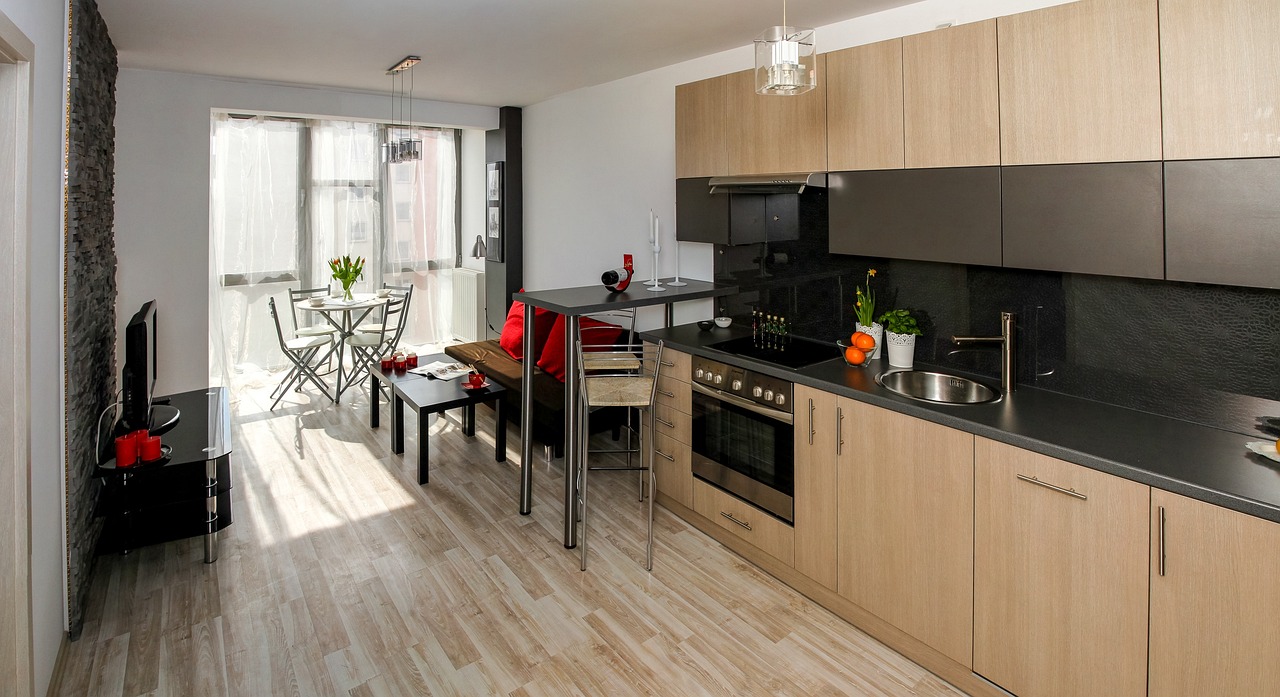Owning an apartment block is a significant responsibility that involves far more than just collecting rent. The key to managing a successful and harmonious building lies in attention to detail and a proactive approach to both tenant needs and property management. Here’s a comprehensive guide to some of the small but crucial things to remember when managing an apartment block.
1. Invest in Smart Locker Systems for Mail
Why It Matters: Smart locker systems streamline the process of managing mail and packages, reducing the need for on-site management and enhancing security. They allow residents to pick up their parcels at their convenience and minimize the risk of theft or lost packages.
Key Considerations:
- Accessibility: Ensure that the lockers are easily accessible to all tenants, including those with disabilities.
- Integration: Choose a system that integrates seamlessly with existing property management software.
- Maintenance: Regularly maintain and update the system to ensure its reliability.
2. Regular Maintenance and Inspections
Why It Matters: Preventative maintenance helps to avoid costly repairs and ensures the property remains in good condition, thereby keeping tenants happy and protecting your investment.
Key Considerations:
- Routine Checks: Schedule regular inspections of common areas, plumbing, electrical systems, and HVAC units.
- Tenant Feedback: Encourage tenants to report issues early on so they can be addressed before they escalate.
- Professional Help: Engage professional services for specialized inspections, such as structural or pest assessments.
3. Effective Communication Channels
Why It Matters: Clear and consistent communication helps in addressing tenant concerns promptly and maintaining a good relationship between management and residents.
Key Considerations:
- Online Portals: Utilize online portals for tenants to submit requests, pay rent, and communicate with management.
- Notice Boards: Maintain a physical notice board in a common area for important announcements and updates.
- Regular Updates: Send periodic newsletters or updates about property improvements, upcoming maintenance, or community events.
4. Security Measures
Why It Matters: A secure environment is crucial for the safety and peace of mind of your tenants. Investing in modern security systems helps to prevent incidents and ensures a safer living space.
Key Considerations:
- Surveillance: Install security cameras in common areas and entrances. Make sure that they’re well maintained and positioned to cover all critical areas.
- Access Control: Use key fob systems or smart locks for building access, and regularly update access codes.
- Emergency Protocols: Develop and communicate clear emergency procedures for tenants, including contact information for emergency services.
5. Sustainability Initiatives
Why It Matters: Sustainability initiatives can reduce operational costs and appeal to environmentally conscious tenants. They also contribute positively to the community and environment.
Key Considerations:
- Energy Efficiency: Upgrade to energy-efficient lighting and appliances. Consider installing solar panels if feasible.
- Recycling Programs: Implement recycling programs and clearly label bins to encourage proper waste separation.
- Green Spaces: Maintain and enhance green spaces around the property for tenant enjoyment and ecological benefits.
6. Tenant Satisfaction and Engagement
Why It Matters: Happy tenants are more likely to renew leases and take better care of the property. Engaging with tenants helps in building a positive community atmosphere.
Key Considerations:
- Feedback Mechanisms: Regularly solicit feedback from tenants about their living experience and any improvements they would like to see.
- Community Events: Organize events or gatherings to foster a sense of community among residents.
- Responsive Management: Address tenant issues and requests promptly to show that their concerns are valued.
7. Legal and Regulatory Compliance
Why It Matters: Compliance with local laws and regulations is essential to avoid legal issues and ensure that your property management practices are up to date.
Key Considerations:
- Stay Informed: Keep up with changes in local housing laws, building codes, and tenant rights.
- Document Everything: Maintain detailed records of leases, maintenance requests, and correspondence with tenants.
- Professional Advice: Consult with legal professionals or property management experts to ensure compliance and handle complex legal matters.
8. Financial Management
Why It Matters: Effective financial management ensures that the property remains profitable and that expenses are controlled.
Key Considerations:
- Budgeting: Create and adhere to a budget for maintenance, repairs, and upgrades.
- Accounting: Use accounting software to track income and expenses accurately.
- Reserve Funds: Set aside reserve funds for unexpected repairs or emergencies.
9. Upkeep of Common Areas
Why It Matters: Well-maintained common areas contribute to the overall attractiveness of the property and the satisfaction of the tenants.
Key Considerations:
- Cleaning: Establish a regular cleaning schedule for lobbies, hallways, and other shared spaces.
- Repairs: Address any wear and tear issues promptly to prevent further damage and maintain a pleasant environment.
- Decor: Invest in tasteful decor and furnishings for common areas to enhance the overall aesthetic of the building.
Conclusion
Managing an apartment block involves a mix of proactive maintenance, effective communication, and strategic investments. By focusing on these small yet essential aspects, you can ensure a well-run, secure, and pleasant living environment for your tenants while protecting your investment.

